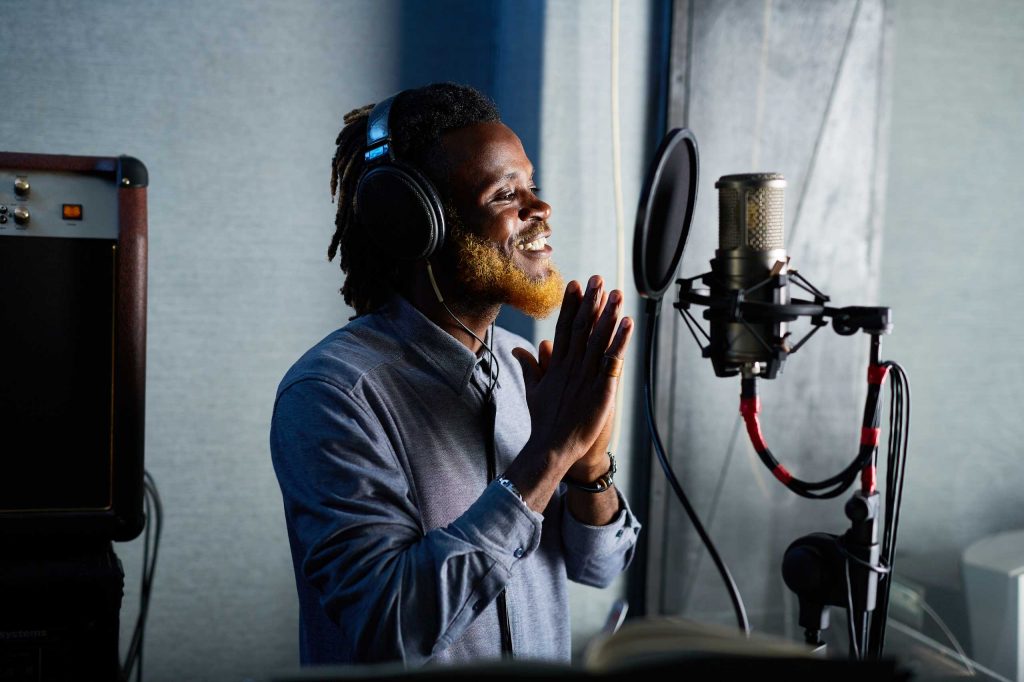For many aspiring voice actors, the biggest hurdle is not the microphone, the equipment, or even the script — it’s confidence. That small but powerful belief that your voice is unique and worth hearing. And it is.
But how do you actually “find” your voice in a world full of voices?
1. It Starts with Listening
Before you record anything, become a listener. Pay attention to voices in animated films, audiobooks, and advertisements. Notice:
- Tonal variety
- Rhythm and pacing
- Emotional range
- How characters feel real through voice alone
This practice tunes your ear and helps you understand how professionals shape sound into storytelling.
2. Your Natural Voice is Your Foundation
You don’t need to sound like someone else — you need to sound like you, but clear, intentional, and emotionally connected.
Start by recording yourself reading different types of texts: dialogues, narration, commercials. Don’t try to act right away. Just listen back. You’ll begin to notice what makes your voice distinct: its tone, its warmth, its texture.
Confidence in your natural voice is the first block in building range and versatility.
3. Breath is Your Hidden Power
Newcomers often forget: your voice doesn’t start at your throat — it starts with your breath. Learning to breathe well can instantly make your delivery more professional.
Practice:
- Deep diaphragmatic breathing
- Sustained phrases on one breath
- Pauses that sound natural, not panicked
Voice-over is a mix of art and control. Breath gives you both.
4. Don’t Just Speak — Feel
In dubbing, especially, you’re not simply reading a script — you’re becoming a character. Their fear, their joy, their sarcasm, their silence.
To train this:
- Watch muted scenes and dub them yourself
- Try recording emotional contrasts (say the same line with anger, joy, fear, etc.)
- Work on scenes that feel challenging emotionally
This brings color to your voice and teaches emotional agility.
5. Why Coaching Matters Early
Even with talent and passion, guidance speeds things up dramatically. A coach can hear what you can’t, push you out of your habits, and guide you through industry standards you’d never know alone.
At Voice Over Studio, we believe mentorship is not an extra — it’s the path.
Conclusion
Finding your voice isn’t a one-time moment. It’s a journey of listening, experimenting, feeling, and growing. And that’s exactly what makes it exciting.
If you’re just starting, don’t wait for a “perfect” moment. Begin now — because your voice might be exactly what someone’s next story needs.

